Forum Replies Created
-
AuthorReplies
-
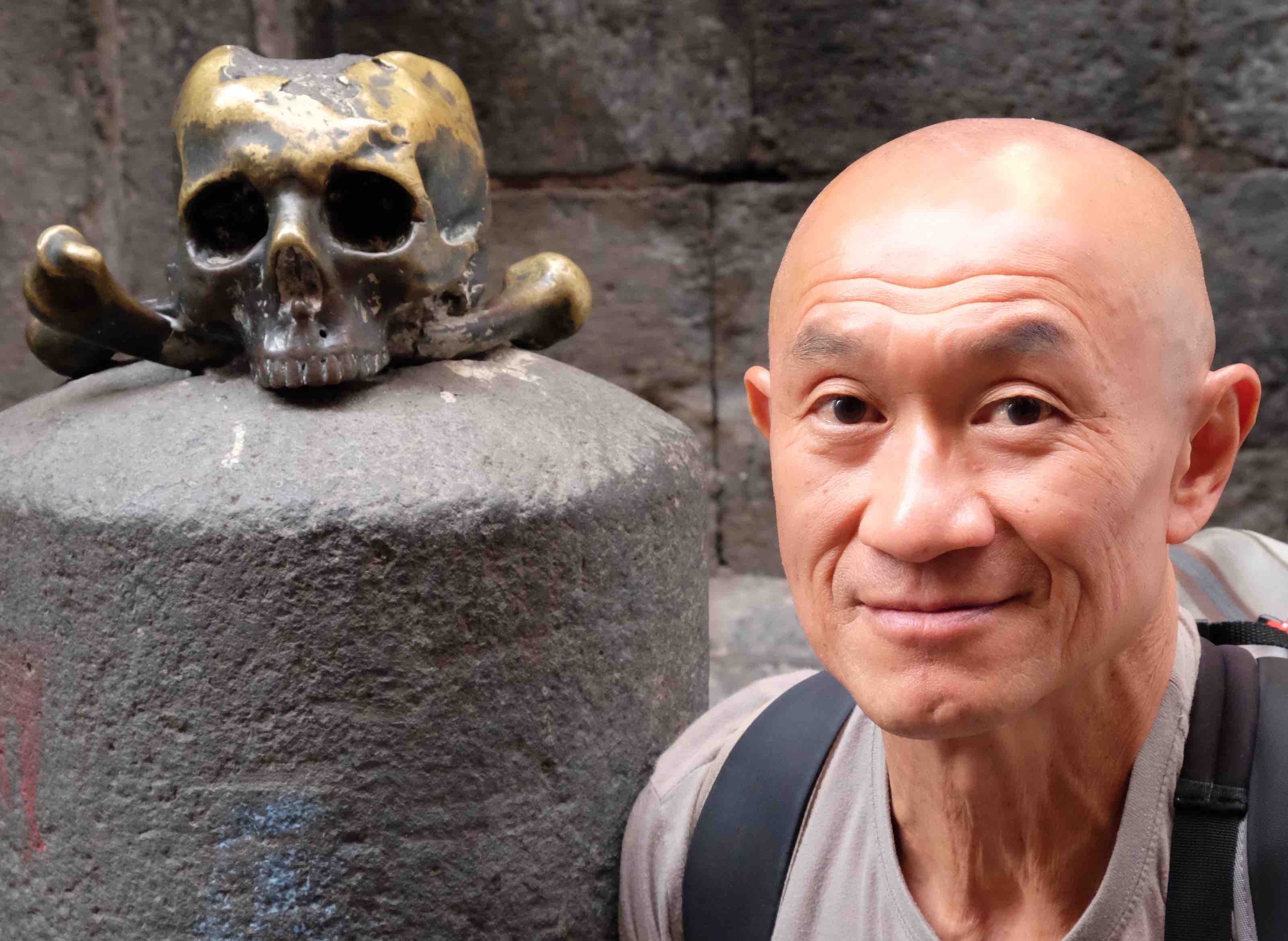 UdomMember
UdomMemberThank you krub K.Jureeporn and K. Wannapha.
According to K. Jureeporn. The advantage of social media and other online com. is that it can be useful for public relation or publicity, data collection, and dissemination of information related to a study to target groups and stakeholders.
The disadvantage is social media (and other online com.) can be sent and disseminated really quick. If information is not correct or not quite accurate to relevant groups and irrelevant groups, it can cause negative consequence.
Therefore the researchers should think and plan carefully about communication and types of communication. CAB or community members should be consulted about the suitability of communication method/s, message and information to ensure that correct information is delivered to the intended audience.
K. Wannapha says that the advantages of social media is easy to use and fast for male and female regardless of age. However the disadvantage of social media is the message used in social media may be too short or weak in content. The message can be misinterpreted or misunderstood. Once the negative rumor starts, it can spread very quickly because it is easy to send to more people. Moreover almost every social media is one-way communication.
Thank you so much krub. I hope that others will contribute more to the discussion.
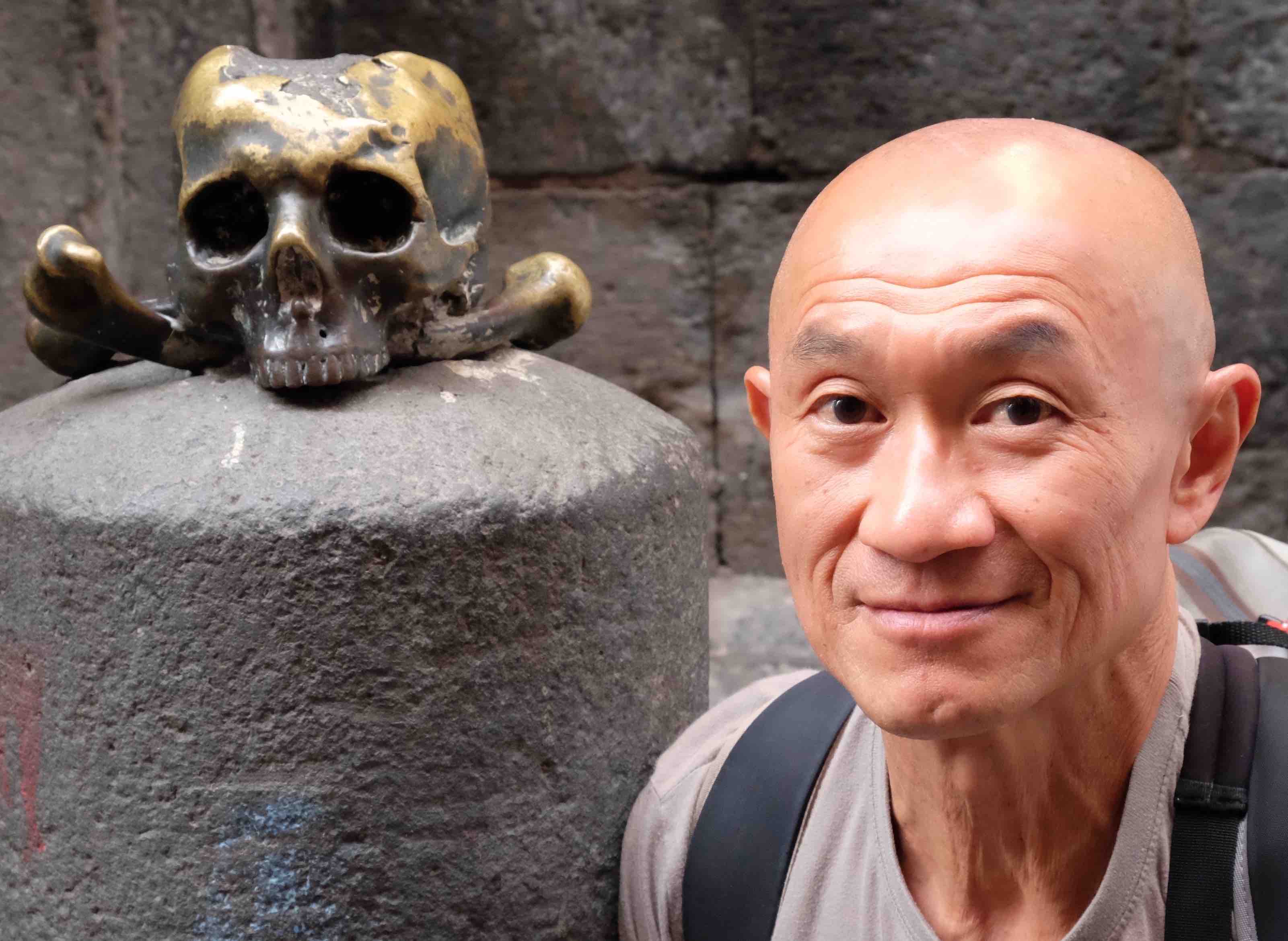 UdomMember
UdomMemberคุณ Anne ตั้งประเด็นสำหรับทุกท่านว่า social media และ การสื่อสารออนไลน์ต่างๆมีผลต่อโครงการวิจัยของท่านและต่อการทำงานร่วมกับผู้มีส่วนได้เสียของท่านอย่างไรบ้าง และท่านเห็น/คิดว่าสิ่ง(เทคโนโลยี่การสื่อสาร)เหล่านี้มีประโยชน์หรืออาจก่อให้เกิดผลเสียอย่างไรบ้าง?
Above is the Thai summary of Anne’s question.
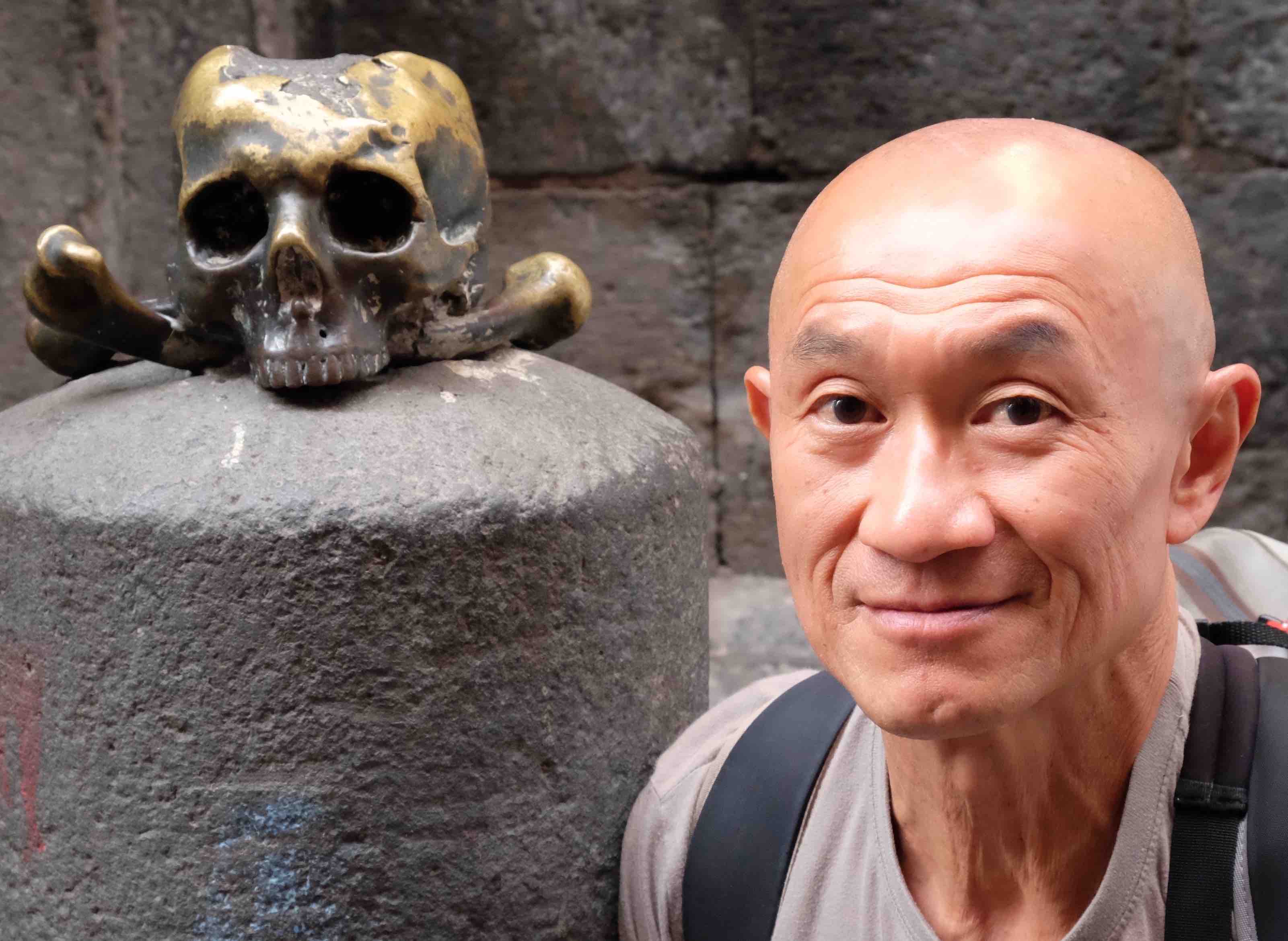 UdomMember
UdomMemberThank you so much krub K. Thippawan. (I am referring to K. Thippawan post dated May 23, 2016.)
K. Thippawan added (to K. Wannapha’s) that ECHO’s community engagement team is aware that they have to know the contexts of the community and target populations in Pattaya. The team carried out mapping activity that identifies various zones where the potential participants live or work. The zones are, for example, Transgender zone, MSM zone. Moreover the community engagement team has regular meeting every 2 months with non-governmental organizations (NGO) and governmental organizations (GO) including the Pattaya municipality.
 UdomMember
UdomMemberThank you krub K. Wannapha,
For Anne and non Thai speakers out there, here is what K. Wannapha wrote:
(Chrome has a function that automatically translate Thai to English or other languages. It isn’t bad, but in some areas the translation is weird, for example my name (udom which can be translated as fertile or plentiful, came out as “rich”.)
The ECHO team started by brainstorming to identify relevant stakeholders in Pattaya area. (I understand that the team used an analytical tool to determine the types of these stakeholders such as influential, powerful, relevant, as so on. – Udom)
Then the community engagement team of ECHO discussed with the local NGOs in Pattaya area that work with MSMs and TGs which are the targeted populations of the trial. The topics discussed included general contexts of these groups such as lifestyles and their work (most of them work night and sleep during the day). The ECHO team consulted the NGOs about suitable language (slangs, colloquial) that should be used in IEC (information, education, communication) materials. This is very important because these are sexual diverse and vulnerable populations, so the team has to be sensitive and mindful when working with them. The NGOs provided practical suggestions about materials, language, and such.
Lastly the ECHO team had to undergo sensitivity training and sexual diversity in order to understand the targeted groups better as well as to adjust their attitude toward these groups.
Thank you again krub K. Wannapha.
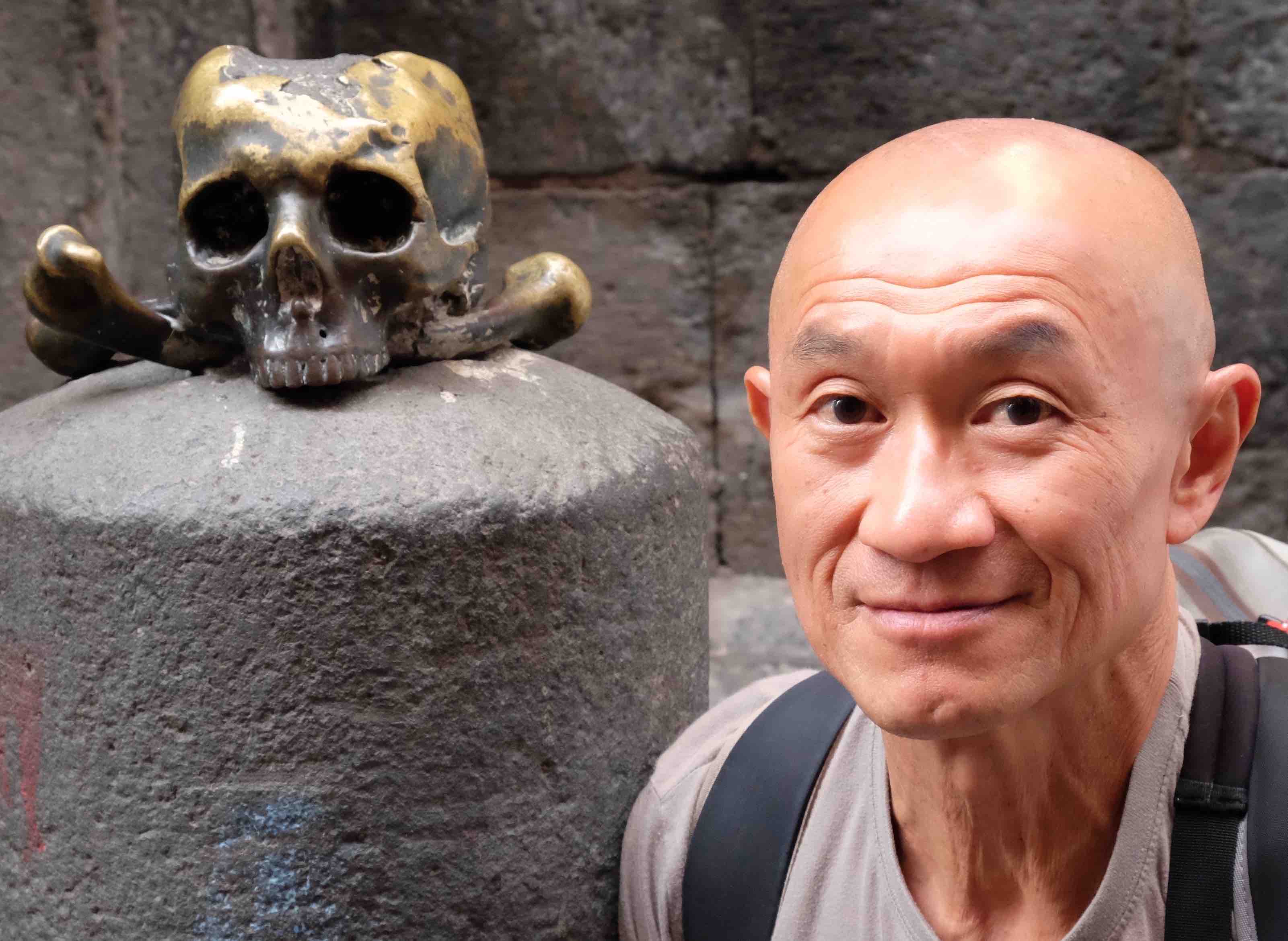 UdomMember
UdomMemberI just discovered a few minutes ago that my Thai text was translated automatically by the system into English. Therefore my Thai post turned out as badly written English. There is a function somewhere that tells the system to show the post (and text) in original form. If you can figure where the function is, please use that to see my original post in Thai.
The English post are fine. Sorry for the trouble. Have a nice weekend and enjoy lesson 2 and assignment.
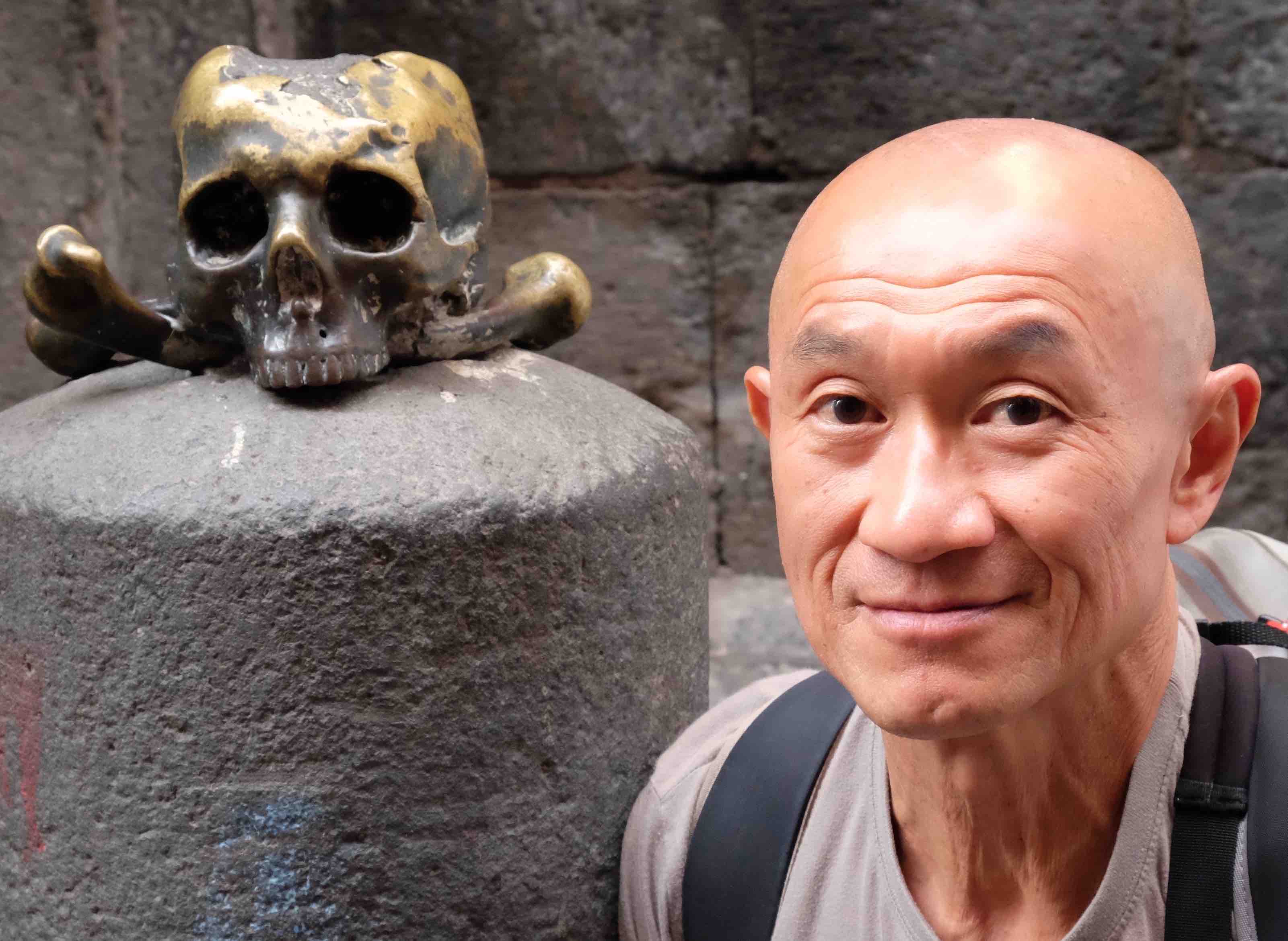 UdomMember
UdomMemberSawaddee krub K. Wannapha,
Welcome to the forum. Can you and K. Thippawan tell the group a little bit more about ECHO’s stakeholder and community engagement plan/s and activities? And how do you monitor and measure the success of activities? Thank you krub.
สวัสดีครับคุณ Wannapha
ยินดีต้อนรับครับ คุณ Wannapha และ คุณ Thippawan กรุณาเล่าให้กลุ่มฟังเกี่ยวกับแผนและกิจกรรมเกี่ยวกับการทำงานชุมชนและผู้มีส่วนได้เสีย(stakeholder and community engagement plan/s and activities) ของ ECHO ได้ไหมครับ และทางทีม Communit Engagement ของ ECHO ติดตามและประเมินความก้าวหน้าของแผน/กิจกรรมอย่างไรครับ
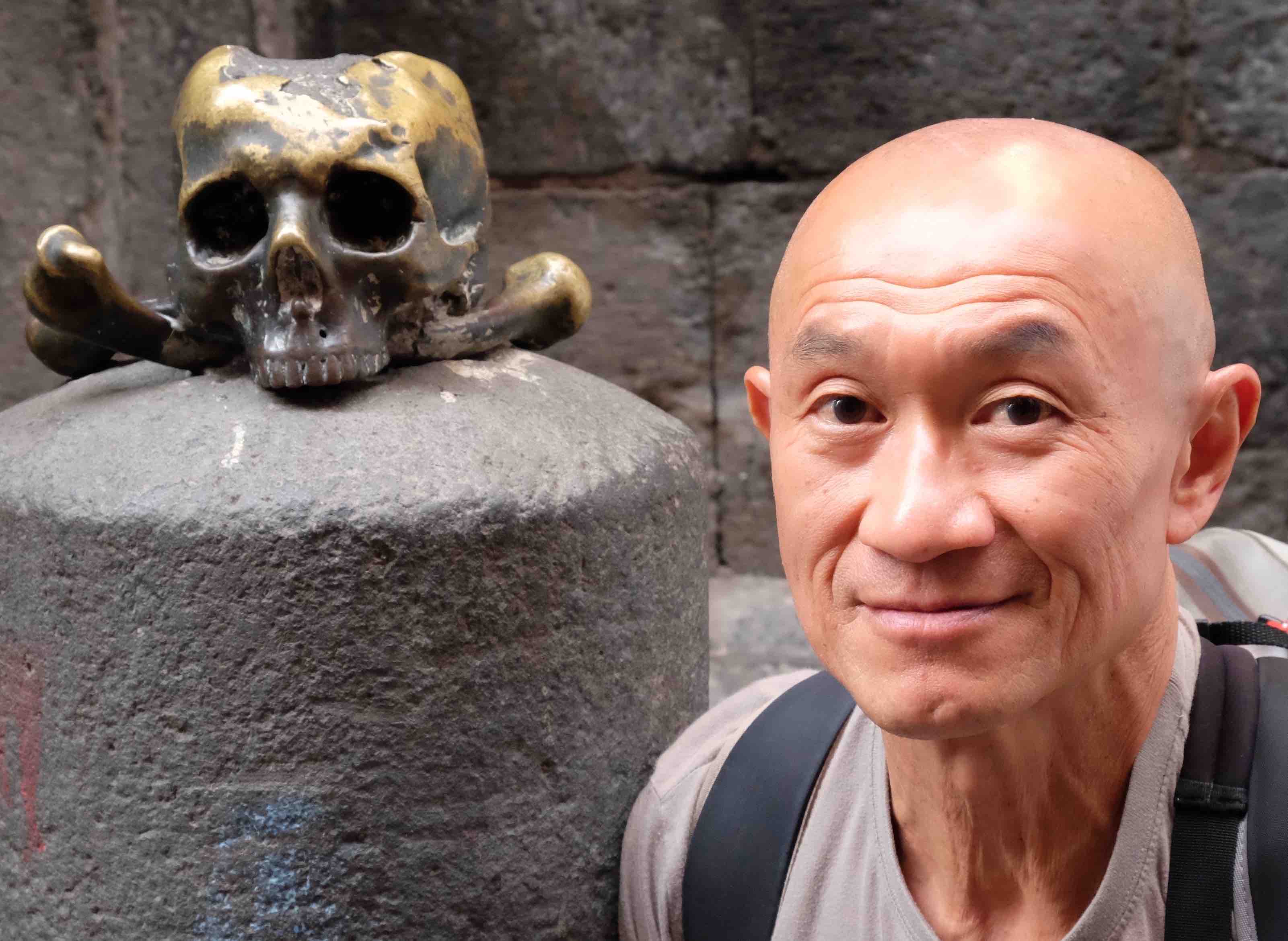 UdomMember
UdomMemberSawaddee krub K. Thippawan,
Welcome. How do you feel about the course so far? Any problem about the learning system, the contents of the first two lessons? How difficult are the knowledge tests? The rest of the class, how are you doing so far? Happy holidays krub.
สวัสดีครับคุณ Thippawan (ขอโทษที่สกดเป็นภาษาอังกฤษครับ ไม่แน่ใจว่าภาษาไทยสกดอย่างไร)
เท่าที่ผ่านมาคิดว่าการเรียนนี้เป็นอย่างไรบ้างครับ มีปัญหาอะไรบ้างทั้งเรื่องระบบการเรียนรู้ เวปไซด์ และเนื้อหาของบทเรียน การทดสอบความรู้ยากเกินไปหรือเปล่าครับ ท่านอื่นๆในรุ่นนี้เป็นอย่างไรบ้างครับ ขอให้มีความสุขวันหยุดครับ
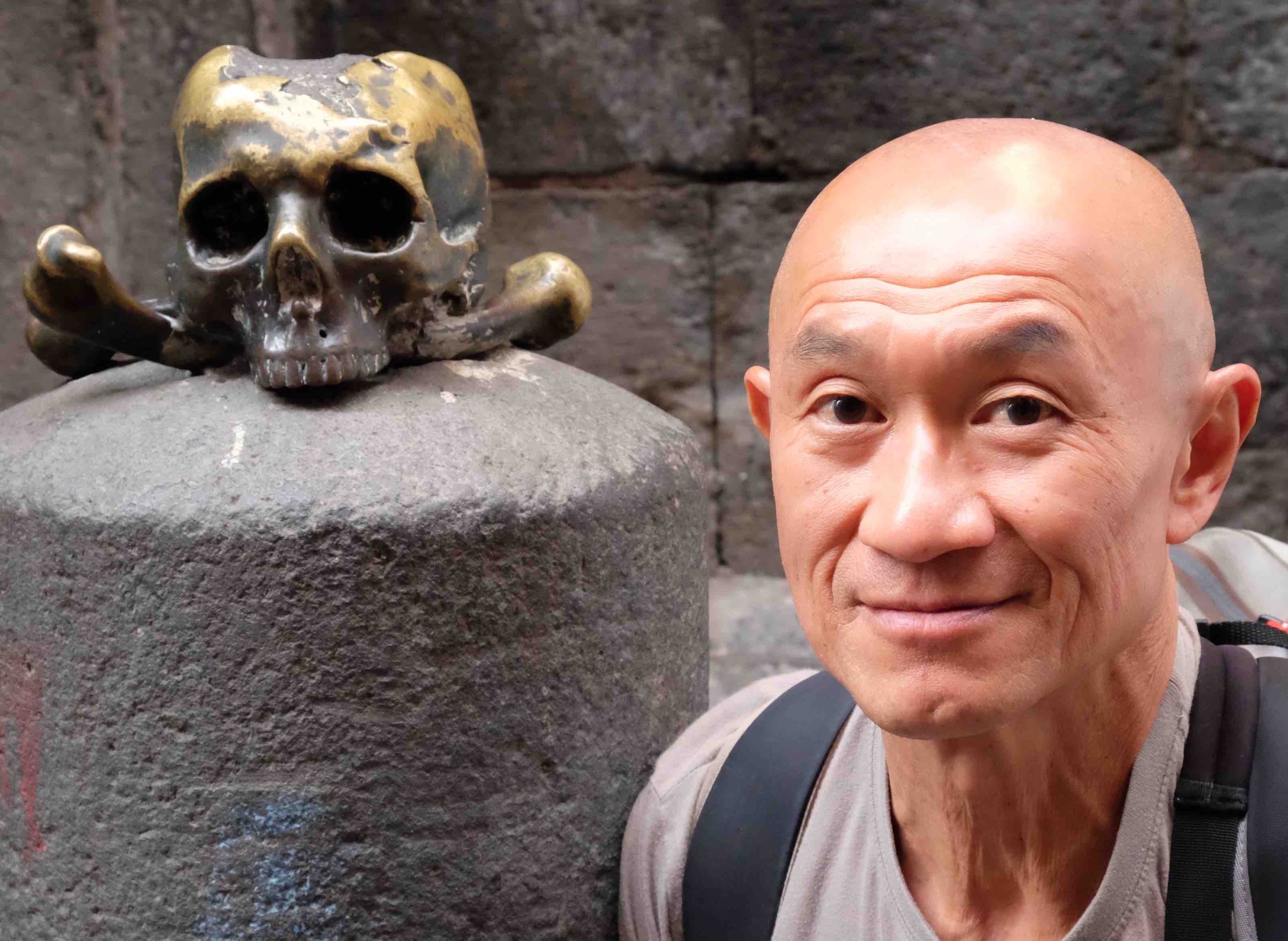 UdomMember
UdomMemberสวัสดึครับ ผมอุดม ลิขิตวรรณวุฒิครับ ทำงานเป็นที่ปรึกษาให้กับ AVAC เช่นกันครับ ทำทั้งที่เกี่ยวกับ GPP และที่เกี่ยวกับการสร้างการมีส่วนร่วมในงานวิจัยทางชีวเวชศาสตร์ที่เกี่ยวกับเอชไอวีในประเทศไทยครับ
ขอต้อนรับทุกท่านสู่อาทิตย์ที่สองและบทเรียนที่สองของ GPP ครับ
09/23/2015 at 10:34 am in reply to: Defining stakeholders for the review of an international study protocol #3799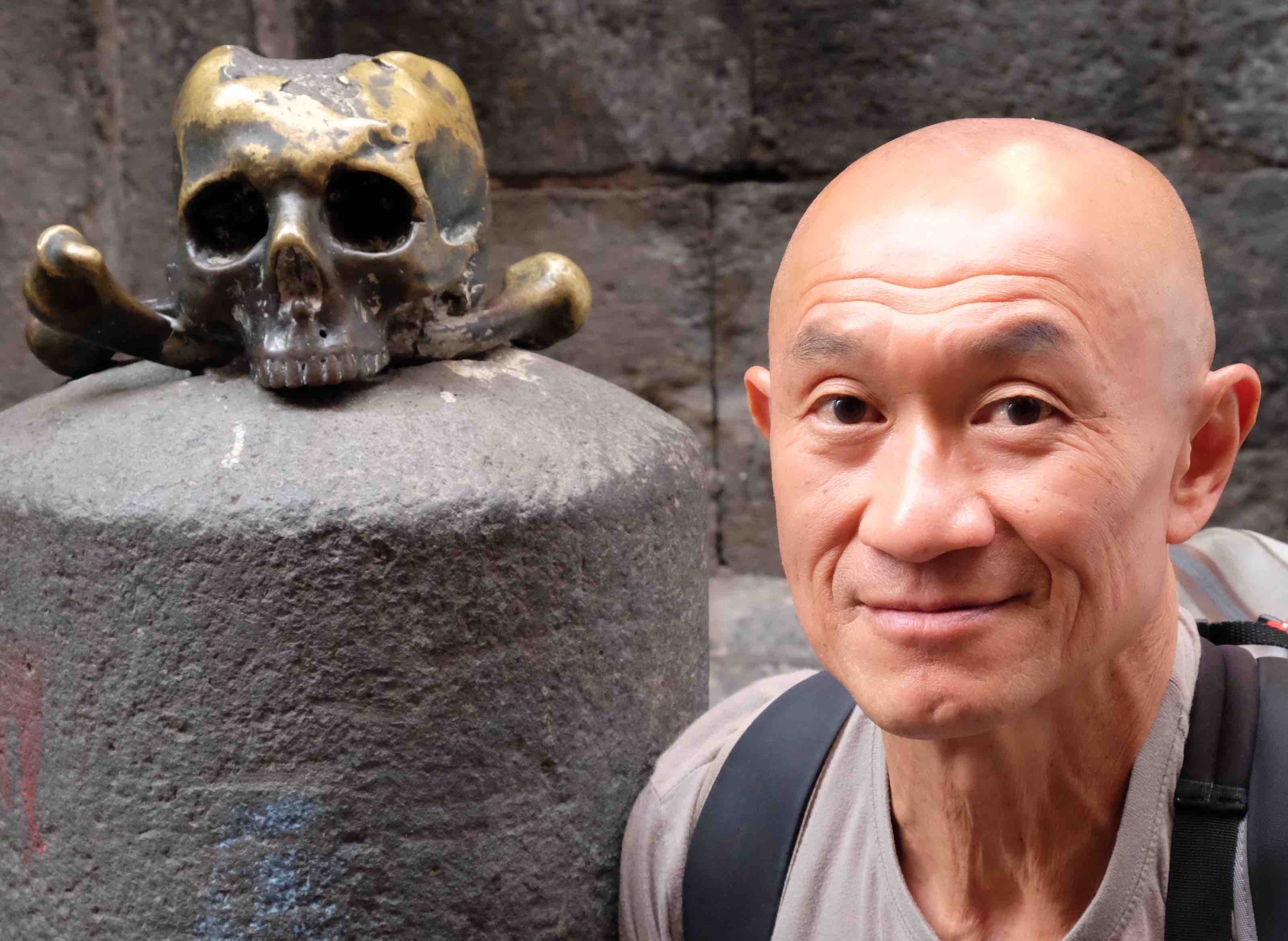 UdomMember
UdomMemberHi Heidi,
The example from Thailand may give you an idea about reviewers for international study. For HIV vaccine research, every study has to get approval from the national sub-committee for HIV vaccine research. The sub-committee have regular reviewers to review all the protocol – most of them are MD/researchers, and only one is representative of NGOs. It isn’t an ideal approach but at least there is one non-scientist reviewer who provide community perspectives. So far, the comments and suggestions by the NGO representative were responded to accordingly in writing and in revision of the original protocol. I think that IRB that includes community member can do the same.
This still doesn’t answer your question about how to select the reviewers. Based on my experience, reviewing protocol and related document is time-consuming and very challenging for non-scientist. I also feel that even the researchers themselves find it is time-consuming and they often read only the parts that interested them. Therefore finding the reviewers have to based on the person’s experience (and knowledge) and willingness.
For Jessica’s question on how to overcome the top to bottom approach, I think capacity building for CAB is very important specifically about GPP. Another one is to provide protocol document or detailed summary of the study to CAB in advance before the meeting so that they can study or discuss with other people before the meeting. Another example from one CAB in Thailand is to allocate tine for a closed CAB session in each meeting. This will be the opportunity for CAB members to discuss candidly without the presence of researchers and the team. The decision or discussion can then be presented to the researchers anonymously.
Udom
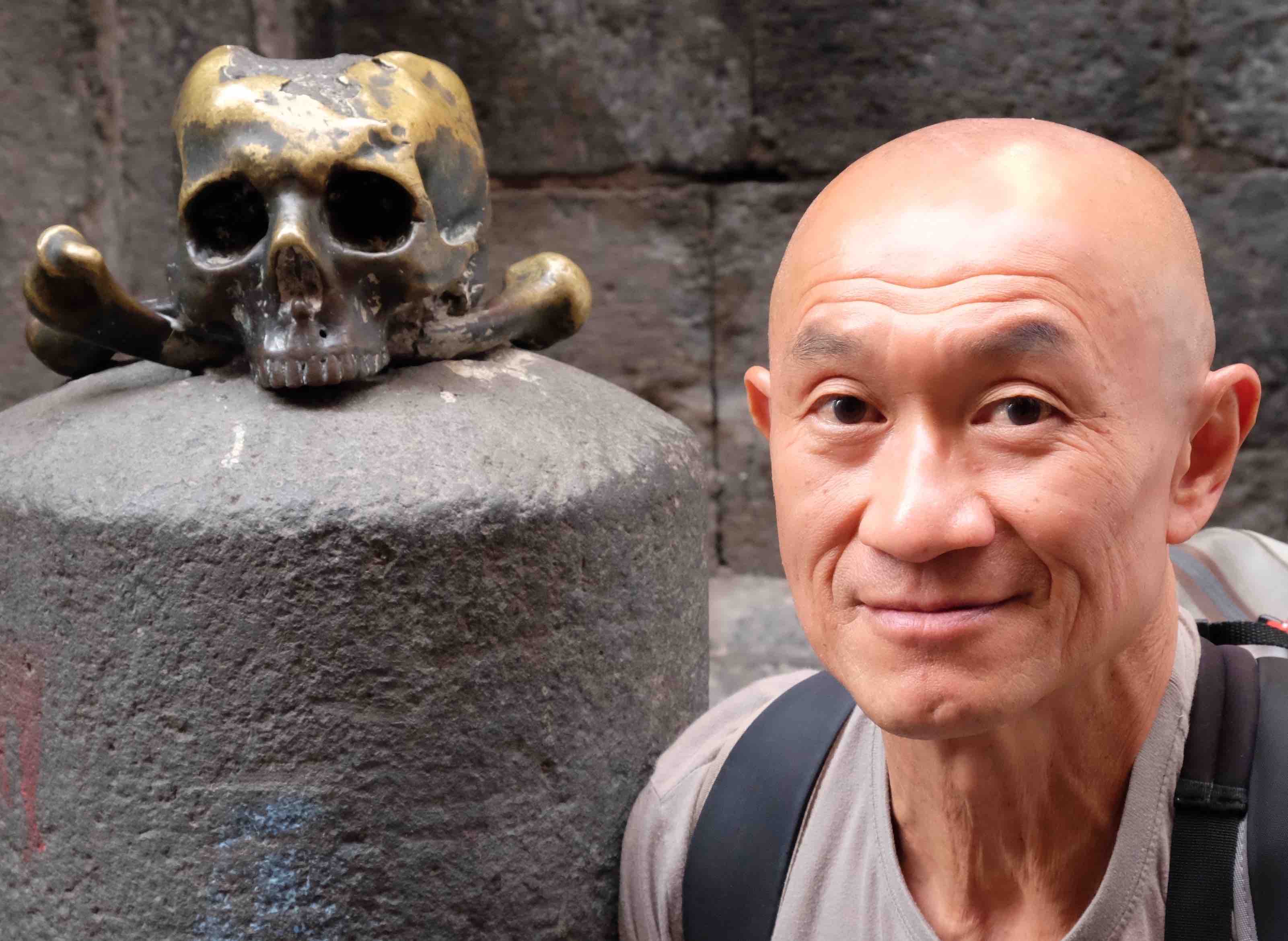 UdomMember
UdomMemberHi everyone,
I have a question similar to what Anne posted at the top. How do the rest of the research team (besides the community engagement team) perceive stakeholder engagement? Do they consider it as an important and strategic component of the research plan or they consider it as an extra burden with no real add-on value to the research? If they see it as a burden, how you deal with that?
The second question I want to ask as a person from Thailand is, in your local language, what is the difference between community (or stakeholder) participation in research and community (or stakeholder) engagement? For Thais, we translate engagement as “participation” for lack of a better choice. Participation means different thing to different people; the spectrum is wide. And from what I seen here so far, community participation (thru CAB) is in the middle of the spectrum. The CAB is consulted occasionally. But it is always the researchers who decide what and when to consult the CAB not other way around.
Thanks.
Udom
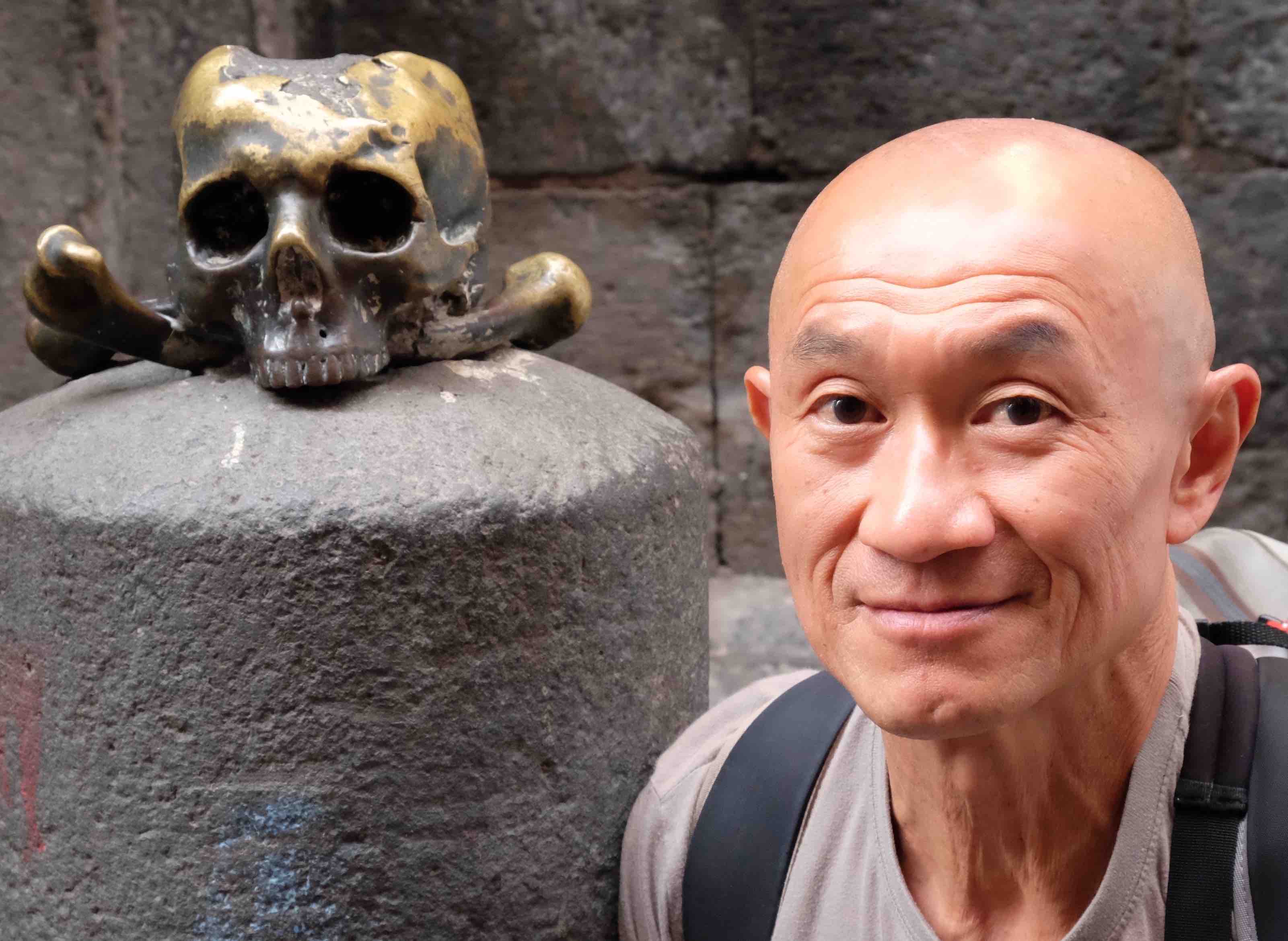 UdomMember
UdomMemberHi Everyone,
My apology for joining the forum late. I was away for a few days after the introduction call last Tuesday. My name is Udom Likhitwonnawut from Chiang Mai, Thailand. I have been working with Stacey Hannah for a few years on GPP-related project in Thailand. My work included GPP training for community groups and members of HIV-related NGOs in the country. I am a CAB member of a research institute here in Chiang Mai. I also had have many opportunities to meet and learn from other CAB members from other countries. I hope that my experience as a CAB member and in GPP training can be useful for the group.
Udom
-
AuthorReplies


